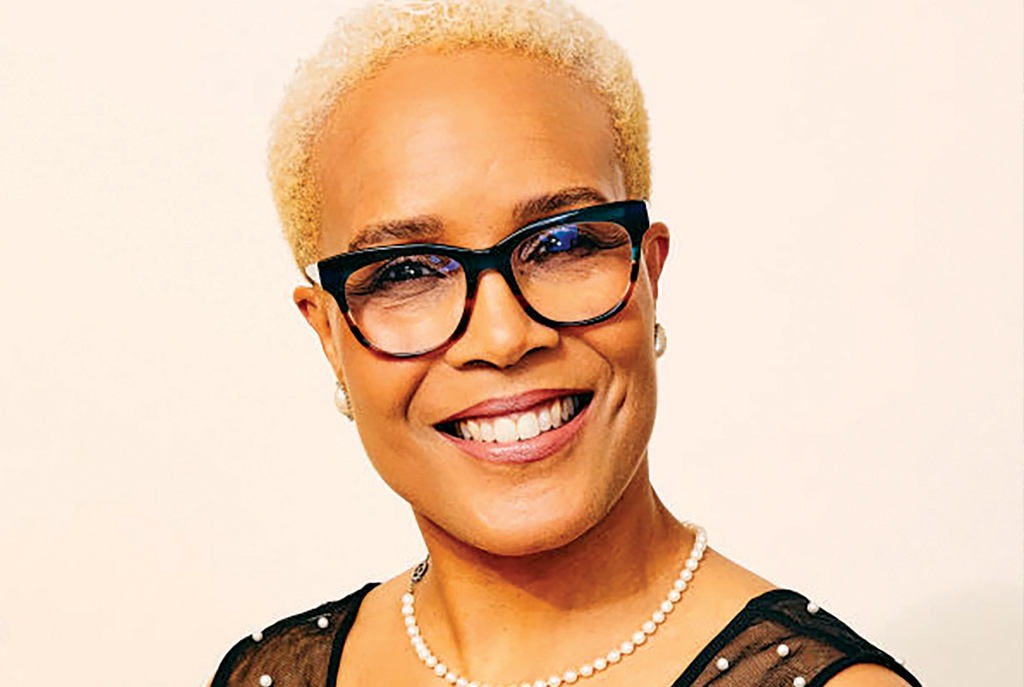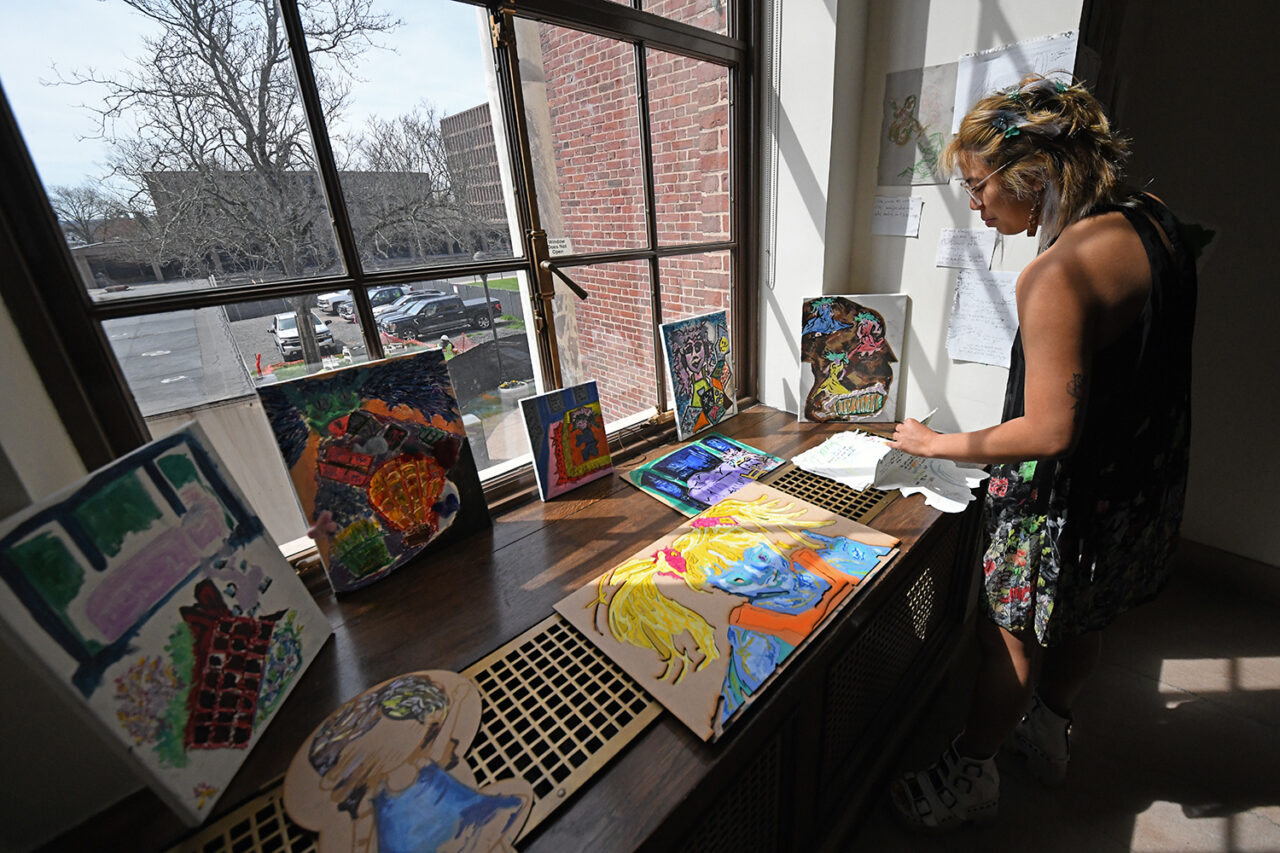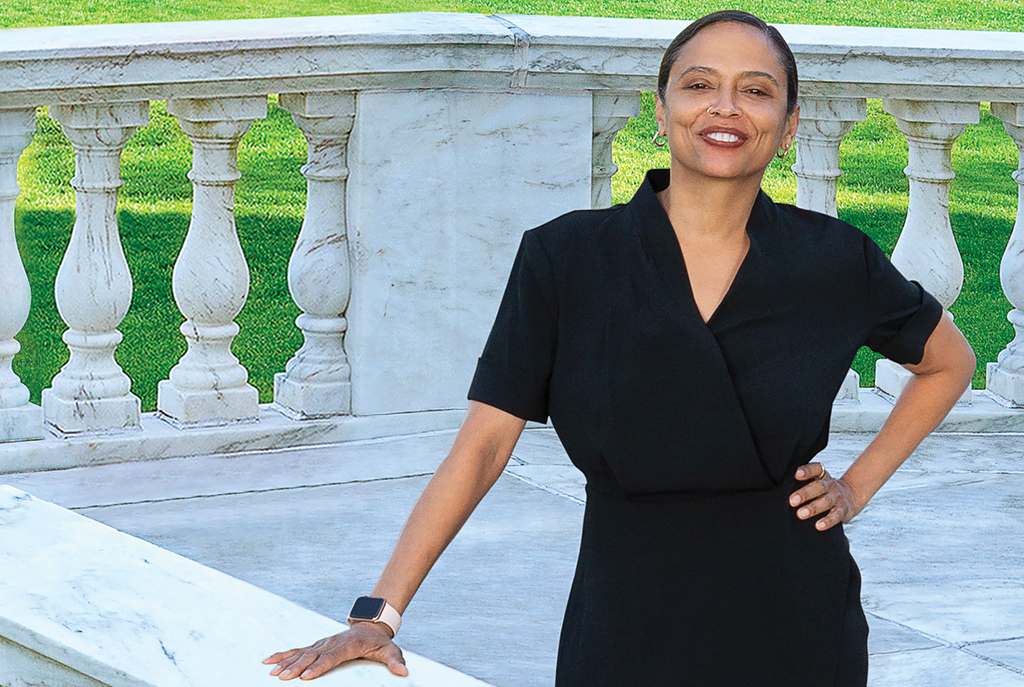Tracy Heather Strain’s Road to Wesleyan

By Steve Scarpa
Tracy Heather Strain didn’t take a direct route toward success in the film industry and her post at Wesleyan. She was 26 years old and working in advertising and direct marketing in Boston when she had a revelation. “I realized I wasn’t happy. At that point, I didn’t care if people chose AT&T as their long-distance service, which is part of what I was paid to care about,” Strain said.
She had been seeing—and enjoying —a lot of independent films at that time. “I realized that filmmaking was one of the things that interested me and I started researching it, which is my way of doing everything. I always start with research. I volunteered at a film festival to see if these were my kind of people and I decided that this was what I wanted to do,” Strain said.
She got a job answering phones at a production company that made science documentaries for public television. Only six months later she was off the phones and going out on shoots. She initially had a goal of making fictional feature films, but she kept being drawn back to documentary, at first as a place to learn and then later because the stories she was encountering were so compelling.
There were some lean years when Strain had to take odd jobs between film gigs. “At first I didn’t pick up on some of the challenges I would face,” Strain said. “When I got the opportunity to begin working on projects again where I got a regular paycheck it was a relief, but it was interesting that those jobs were almost exclusively work that was related to the fact I was African American. So whether I liked it or not, if I wanted to work, basically I was going to be working on projects that dealt with the African American experience.”
Strain found success making full-length feature documentary and television specials as an independent. Over time, Strain and Randall MacLowry ’86 branched out on their own, founding The Film Posse, a documentary production company. Right now, the duo is developing a two-hour special for NOVA about archaeology, genetics, and the transatlantic slave trade. Her work at Wesleyan gives her another perspective on her film work.
“I feel like I am growing in so many ways as a filmmaker by preparing what films I am going to teach,” Strain said. “It forces me to stay contemporary and see a lot of work that I probably wouldn’t have seen otherwise.”
Read more about Tracy Heather Strain and her views on a new era of teaching at CFILM in Lights Up on the Future of Filmmaking.
Photo by Zack Dezon



